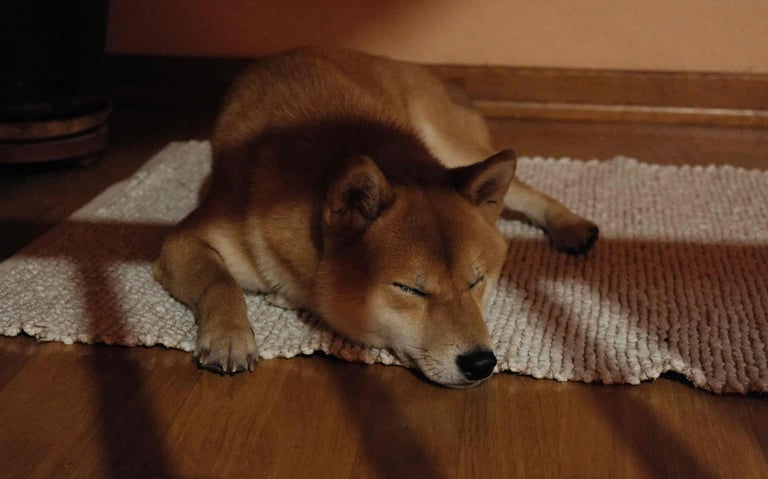House training is one of the first challenges for new owners, but consistent routines, observation, and positive reinforcement make it achievable. Proper potty training prevents accidents, builds communication, and establishes predictable habits that benefit both dog and owner.
Why check out this article?
Our Top 10 tips for dog potty training
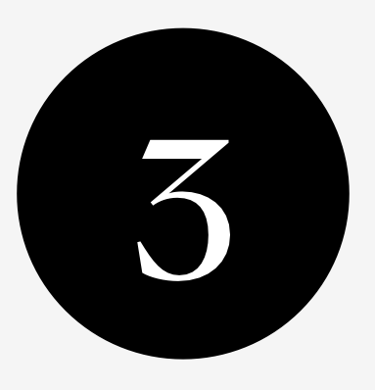







Establish a Routine – Take your dog outside at the same times every day - morning, after meals, play, and before bed. Predictable schedules help dogs understand when and where elimination is allowed, reducing anxiety.
Choose a Spot – Select a consistent outdoor area for elimination. Take your dog to the same spot each time. Familiar smells encourage behaviour. Praise immediately to associate the area with positive reinforcement.
Use a Cue Word – Introduce a consistent verbal cue like “go potty” while your dog eliminates. Repeat each time to link the phrase with the action. This builds communication and helps the dog understand your expectations.
Supervise Interactions – Watch your dog closely when inside, especially after waking, eating, or playing. Confine to a safe area if unsupervised. Early intervention prevents accidents and reinforces understanding.
Reward Immediately – Offer treats, verbal praise, or gentle petting right after your dog eliminates outside. Immediate reinforcement betters the association between the action and the reward, accelerating training success.
Redirect Accidents Calmly – If your dog eliminates indoors, clean thoroughly to remove scent and calmly guide them outside. Avoid punishment, which can create fear. Consistent redirection teaches proper elimination habits.
Monitor Behavioural Signs – Look for sniffing, circling, or squatting indoors - these often indicate your dog needs to go. Respond immediately by taking them outside to prevent accidents and reinforce routine cues.
Limit Access Initially – Restrict the dog’s access to certain rooms until reliable elimination habits are formed. Use baby gates or crates to create boundaries. Controlled access reduces indoor accidents and encourages correct potty behaviour.
Gradual Freedom – As your dog becomes reliable, slowly allow more freedom in the house. Continue to supervise and reward elimination outside. Gradual expansion reinforces habits while maintaining consistency.
Consistency is Key – Maintain schedules, cues, supervision, and rewards every day. Consistent routines, patient guidance, and positive reinforcement build lasting potty habits and reduce confusion, stress, or setbacks.
Fetch More Articles



Summary of this article
Take your dog outside frequently, reward correct elimination, supervise indoor behaviour, use consistent cues, and create a routine. Observe signs, redirect accidents calmly, and combine praise and treats
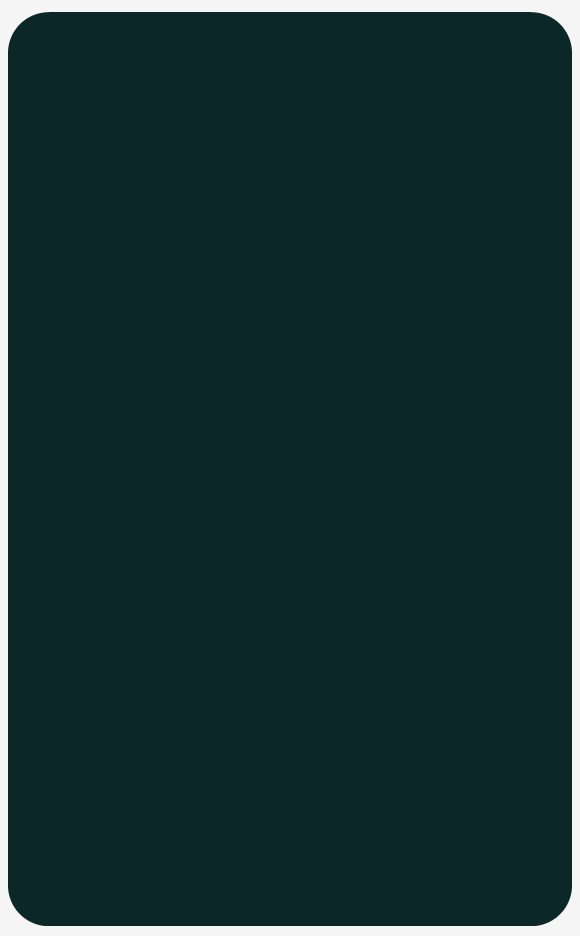

From the experts – Puppies need more frequent trips, sometimes every 1–2 hours. Adult dogs usually require fewer but still regular outings. Always carry treats, monitor for subtle signs, and be patient—accidents are part of learning. Consistency, encouragement, and observation are the keys to a well-trained dog. If you have any questions about house training, you can ask Max for some advice.


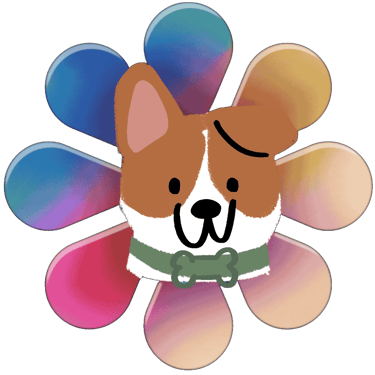
Got questions? Max is hanging out on the right of your display - give him a shout!

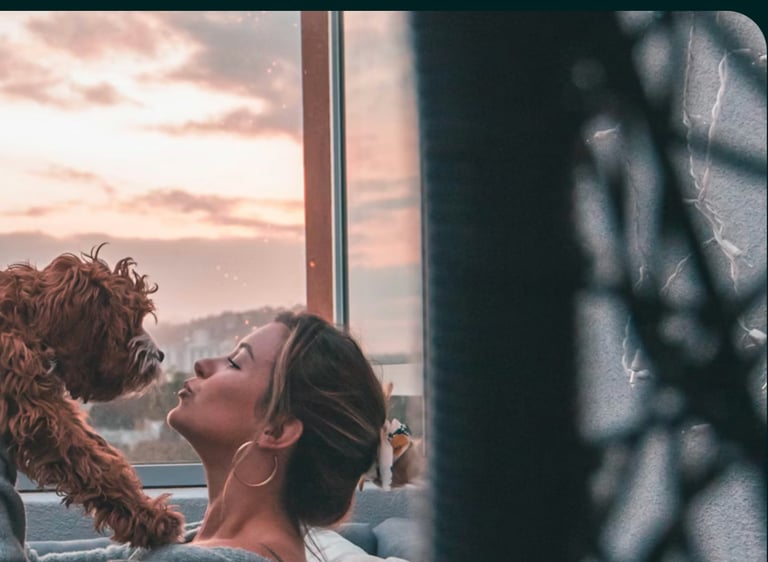
Explore dogAdvisor Max
Chat with Max ↗︎
Accountability
Approach to Accountability

